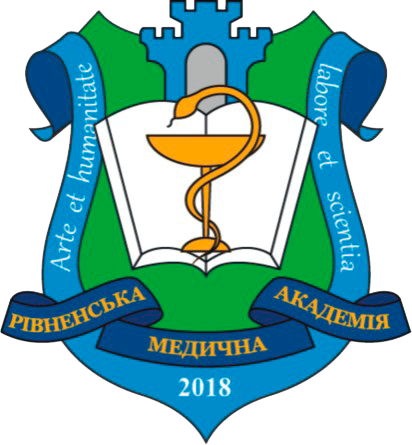DEONTOLOGICAL MANAGEMENT OF A NURSE IN A GYNECOLOGICAL OFFICE
DOI:
https://doi.org/10.32782/health-2025.2.8Keywords:
deontology, ethics, nurse, gynecological office, professional behavior, nursing, confidentiality, emotional supportAbstract
The scientific work has carried out a comprehensive study of the deontological management of a nurse in a gynecological office, which is considered a key factor in ensuring high-quality, safe and humane medical care. The relevance of the topic is due to the growing attention to ethical standards in the field of health care, especially in the context of female reproductive medicine, where issues of confidentiality, delicacy and trust are of paramount importance.The theoretical part of the work analyzes ethical and professional-practical approaches to understanding the concepts of “deontology” and “nursing ethics”. Special attention is paid to the role of a nurse as a bearer of moral values and a guarantor of compliance with the rights of patients in the process of diagnosis, treatment and prevention. The main factors influencing ethical behavior are identified, in particular: the level of professional training, institutional support, personal qualities of the employee and the characteristics of the organizational environment.The empirical study used questionnaire and semi-structured interview methods with nurses from gynecological offices in public and private medical institutions. The data obtained allowed us to determine the level of awareness of respondents about deontological requirements, identify typical ethical dilemmas they face, and identify existing barriers to implementing ethical standards in daily practice. In particular, the study showed the need for continuous professional development and the creation of an internal system of ethical mentoring. As a result, a number of practical recommendations were formulated that can be implemented at the level of medical institutions. They include the development of ethical training programs, the implementation of ethical codes at the office or department level, regular monitoring of compliance with ethical norms, as well as strengthening team interaction based on respect, trust and mutual responsibility. The proposed measures have the potential to improve the quality of nursing services, strengthen the authority of nurses in the professional environment and increase the level of patient satisfaction with the care received.
References
Крамарьов В. О. Основи медичної деонтології : підручник. Київ : Медицина, 2020. 320 с.
Oats J., Abraham S. Fundamentals of Obstetrics and Gynaecology. 10th ed. Edinburgh : Elsevier, 2017. 375 p.
Іщенко І. П. Медична етика і деонтологія в практиці медсестри. Харків : Видавничий дім «Основа», 2018. 214 с.
Mitchell T., Fletcher I. The case for nursing research ethics committees: a discussion paper. Nursing Education Today. 1998;18(2):133–137.
Дубровіна Н. М. Основи медичної етики та деонтології. Одеса : Одеський медичний університет, 2019. 256 с.
Шевченко О. С. Психологічні аспекти взаємодії медичних сестер з пацієнтами в акушерстві та гінекології. Львів : Видавничий центр ЛНМУ, 2016. 190 с.
Кравчук І. В. Деонтологія в акушерстві та гінекології. Чернівці : Видавництво «Буковина», 2018. 220 с.
Кодекс етики медичної сестри України. Київ : Міністерство охорони здоров’я України, 2017.
Курганова О. А. Емоційна підтримка пацієнтів медичними сестрами в гінекології. Медична етика та деонтологія. 2020. № 2. С. 67–72.
Кузнецова Л. А. Етика та деонтологія: теорія і практика. Харків : ХНМУ, 2017. 180 с.
Савченко В. О. Організація деонтологічного супроводу в медичній практиці. Київ : Центр практичної медицини, 2019. 240 с.
Guo X. Development and practice of the NNN Link integrated nursing model. Open Journal of Nursing. 2016; 6(2): 113–121.






